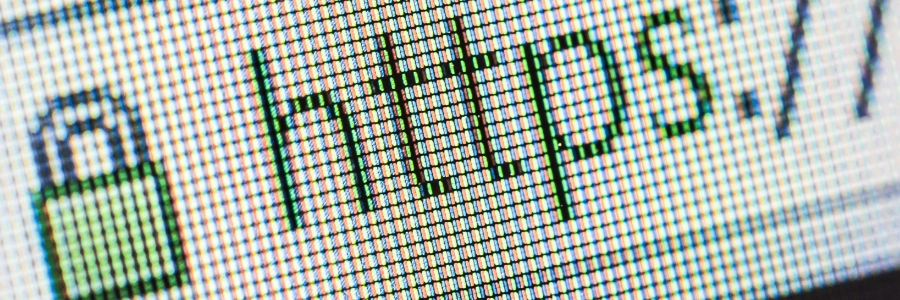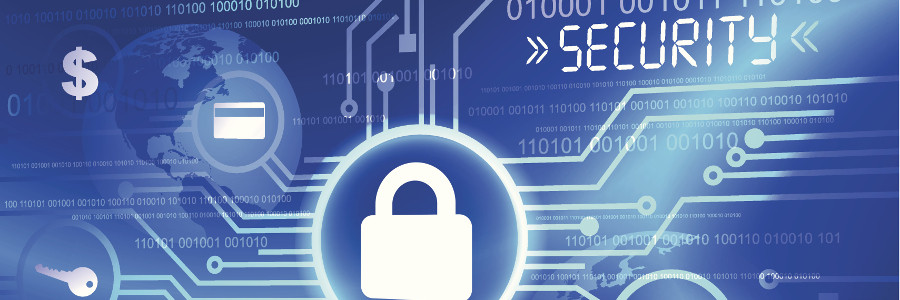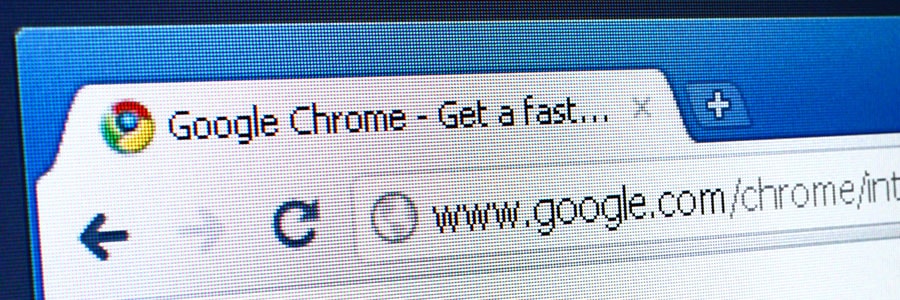Cybercriminals are relentless in coming up with new ways to steal our personal information and financial data. That's why it's more important than ever to take steps to protect ourselves online, and these steps include visiting websites that use HTTPS.
What is HTTPS?
When you visit a website, you may see a padlock icon in the address bar.
Why HTTPS is essential for online security
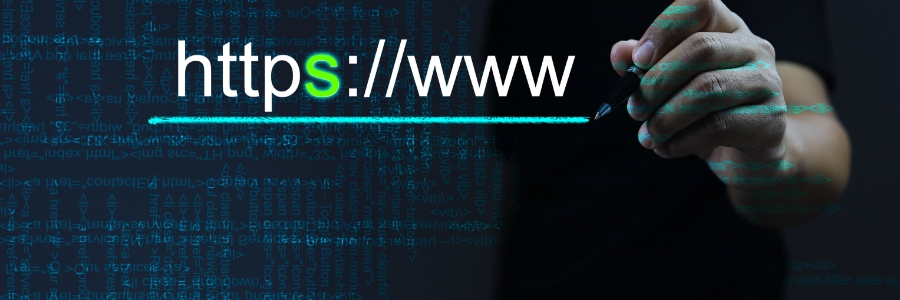
Why HTTPS matters for your cybersecurity
Learn why you should only visit HTTPS sites

Everyone uses the internet daily for a variety of reasons: to work, shop, or communicate with other people. Browsing the internet has become so commonplace that we often forget to check whether the websites we visit are safe. Let this serve as a reminder: a website can be deemed safe if the website’s URL has an “S” after the “HTTP.” Learn why that “S” matters.
Make site visitors feel secure with these tips
Better internet security: Easy as 1, 2, 3
5 Cybersecurity measures anyone can master
Chrome to mark HTTP as ‘not secure’
Phishers use encrypted sites to scam
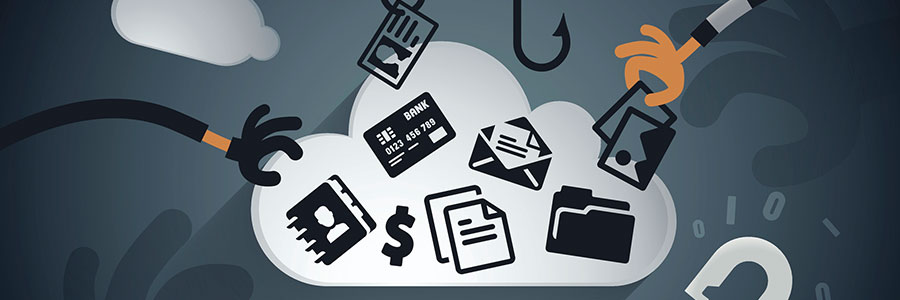
Just when you thought cyber criminals couldn’t get smarter, along comes a new scamming technique. Previously used for safeguarding browsing activity, encryption tools are now used by hackers in carrying out phishing scams. This means some fraudulent sites may have HTTPS on their address, giving users a false sense of security.
KRACK hacks: What you need to know
5 simple but manageable security measures

Don't be put off by the tech jargon of security experts you find in forums and self-help books. A managed service provider is what you need to break down complex security ideas into easy-to-understand language. However, they generally focus on installing and managing protection software that's often far too complicated to operate without their help.

